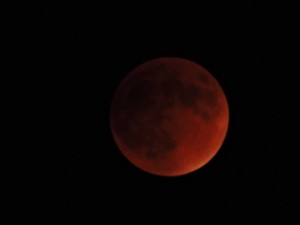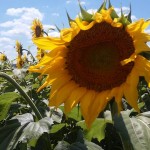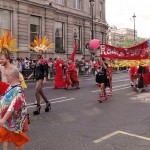
Effort lay in us
before religions
at pond bottom
All things move toward
the light
except those
that freely work down
to oceans’ black depths
In us an impulse tests
the unknown
—Lorine Niedecker, from “Paean to Place”
(Click on the link and read the whole poem, with correct formatting. Seriously, I keep losing the formatting when I type it in here and it is wounding my poet soul.)
***
When we discussed changing the name of our blog to “Dowsing for Divinity,” that word “dowsing” resonated for all of us immediately. As Christine put it,
When the three of us started brainstorming a new name together, once someone tossed out the word “dowsing,” we kept circling back to it.
And Yvonne added,
…we kept coming back to dowsing imagery, with its connotations of looking for hidden currents, connections with the unseen, hidden waters, and hidden patterns.
 Tonight, I keep coming back to the physical feel of the dowsing stick, held loosely in the hands, and how it tugs the attention…I’m arrested by the simple motion. Downward. We are dowsing, and that means we seek to be pulled, downward.
Tonight, I keep coming back to the physical feel of the dowsing stick, held loosely in the hands, and how it tugs the attention…I’m arrested by the simple motion. Downward. We are dowsing, and that means we seek to be pulled, downward.
The opposite of light is dark…but another opposite, in our language, is heavy.
In Wallace Stevens’s poem “Sunday Morning,” he ends with an image of birds at sunset, flocking “Downward to darkness on extended wings.” Darkness brings a sense of release, of letting go, of drift, the ceasing of struggle…eventually: death. There is a falling and fallen quality to endarkenment. We sigh, and let our guard and our defenses down. We can loosen the ties of the day. We can be a little more vulnerable.
But the wisdom of the dowsing stick isn’t a relaxing and drifting and letting go. Stay out here long enough in the dark, and there comes a time when we feel the tug in our gut, the impulse to nose our way down a little further into the murk.
Something in us wants to descend.
“In us an impulse tests/ the unknown” Niedecker writes. Moving our awareness down into the body takes us to the soft messy areas: to gut, to sex, to the muscled thighs. Our largest muscle groups. Our deepest instincts. To all that stuff we want to pretend we’re above. Camille Maureen, in Meditation Secrets for Women, agrees and builds on the idea:
“There are times…when the call downward is a transformative journey, a summons to the depths of the soul. People tend to think of spirituality as rising upward into the sky. In the traditional (male) teachings, enlightenment is often described as a flight from the lower centers of the body, the instinctive and sexual places, to the upper centers in the head and then out. …Everyone fears this descent, this sinking down. Yet sinking down connects us with the earth, with our personal ground, with our foundation.”
There are many journeys we’re called on, through our lives. The concept of “enlightenment” (and the hero’s story) encourage us to venture “up and out”…might it also be true that there are times to adventure down and in? The concept of endarkenment takes us not only into the dark but also down, towards (and into) the body, and the earth.
The rhubarb pushes its nubbly red thumbs up through the leaf litter. Lawns turn squishy with melt, worms once again emerge. There’s water everywhere suddenly, and with it, the muck of life, stirring, down at the roots.













